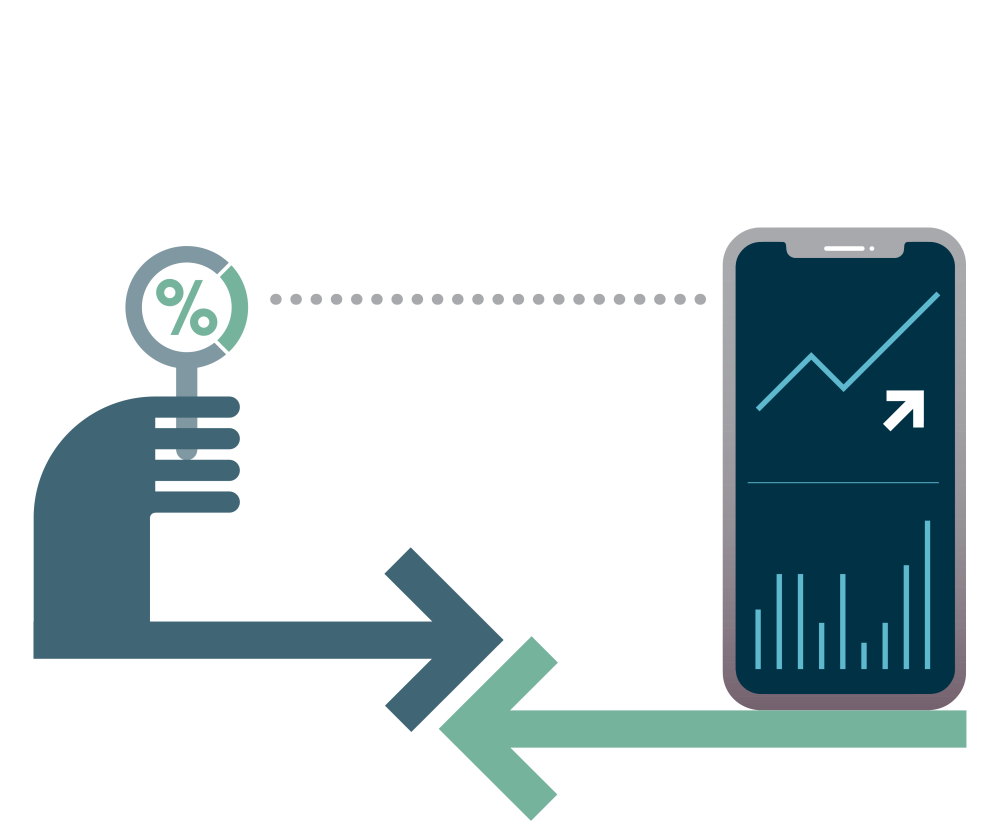2024 review

Market overview for 2024
M&A
In 2024, global M&A activity saw significant growth in both deal value and deal count, with notable regional differences. The European M&A market experienced a resurgence, particularly in the second half of the year, with increases in transaction values and deal numbers, reflecting growing confidence in business valuations. Conversely, the Asia Pacific region saw a decline in M&A activity, although countries like India and Singapore showed resilience with notable increases.
Private Equity and Venture Capital
Private equity deal activity rose slowly in the first half of the year due to high borrowing costs but saw a notable increase in buy-outs during Q3. The European PE market is projected to see significant yearly growth in both deal value and deal count. In Asia, private equity and venture financing deals fell in the first half of the year. Venture capital faced challenges due to market volatility and a lack of viable exit routes, though AI-related investments bucked the trend with projected growth.
Equity Capital Markets
Global IPO volumes decreased by the end of Q3 relative to the previous equivalent year, with proceeds dropping significantly. However, the third quarter outpaced the first two quarters of 2024, showing signs of recovery. In Europe, the IPO market saw some large IPOs, particularly private equity-backed, indicating continued sponsor appetite. The European IPO market raised a substantial amount by the end of Q3, surpassing the previous year's total and a handful of new IPOs were launched in September with a further UK expected to close before year-end. Asia's IPO market had mixed performance, reflecting market uncertainties, but India's IPO market continued to grow.
What types of corporate transactional work have featured significantly or more unusually in 2024?

Belgium
There has been a continuing rise of private equity (buy and build) transactions. Some notable new PE funds have been set-up or undertaken new fundraisings. We have noticed more distressed sales in the biotech sector, real estate sector and other refinancings and "survival" transactions.

France
Our service lines have adapted to evolving market demands. The most common form of acquisition remained the purchase of shares and transfers of assets were generally preferred for the sale of small businesses. However, distressed sales have been frequent this year.

Germany
For PE we almost exclusively saw bolt-on transactions on both the sale and buy side. In M&A, of note, there were few asset or distressed deals, but there were a couple of share deals where the target company was struggling financially. The VC practice saw several rescue rounds where the investment was made through convertibles or equity at a discount.

India
There has been plenty of M&A, including strategic M&A, but less PE. We have seen a number of indirect acquisitions of Indian entities and group reorganisations. Foreign investors established in India have sought to reorganise their corporate groups (particularly after an acquisitive period) in India through an entity simplification project.
We have also seen some defence sector JVs. Government procurement rules prioritise procurement from Indian entities with IP ownership and high local value addition; accordingly, foreign investors are tying up with Indian partners to comply with this requirement.

Poland
We have seen significant activity in private equity and venture capital, particularly within the technology and renewable energy sectors. Deals were often driven by interest in digital transformation and sustainability initiatives, including electromobility projects. We have also noticed a rise in carve-out transactions, such as separating assets in a clinical trials deal, and divestments have become more popular.

Singapore
We have seen many fundraisings this year, and a number of acquisitions, which have covered a variety of sectors. We have seen more purchaser side work this year.

Sweden
We have seen more secondary buy-outs in private equity (both sales and purchases), multi-purpose US funds which can make both VC and PE investments, by building up their stake over time, a number of buy and build and transactions (though this is not particularly new), and US or UK "flip" transaction structures – where a new holding company where the purchasing fund is domiciled being inserted at the top of the corporate structure for tax or convenience reasons. This year there have been a few distressed deals – where a business is part entered into bankruptcy and part is saved; there have been more deals like this year.

The Netherlands
We have seen plenty of buy and build transactions for our PE clients, transformational deals and M&A and VC transactions in the well performing sectors, both strategic and institutional acquirers. However, in general there has been a decline in VC deals done and funds invested; VC funds have been focussing on existing portfolios. Despite that, there were a number of large non-tranched investments. Unsurprisingly in tight economic conditions, carve out transactions featured and also distressed reorganisations of staff, where there was a sale of a business for EUR1, debt was dealt with, and a percentage of the employees were made redundant to keep a business alive.

United Kingdom
There have been a number of early-stage venture capital investments in AI companies. We have seen a few carve out transactions and there remains lots of buy and build activity for private equity clients, though new platform deals are also starting to come back in the market more generally. We have noticed a slight uptick in equity capital markets work, but the work in that service remains, for now at least, predominantly placings and secondary fundraisings.